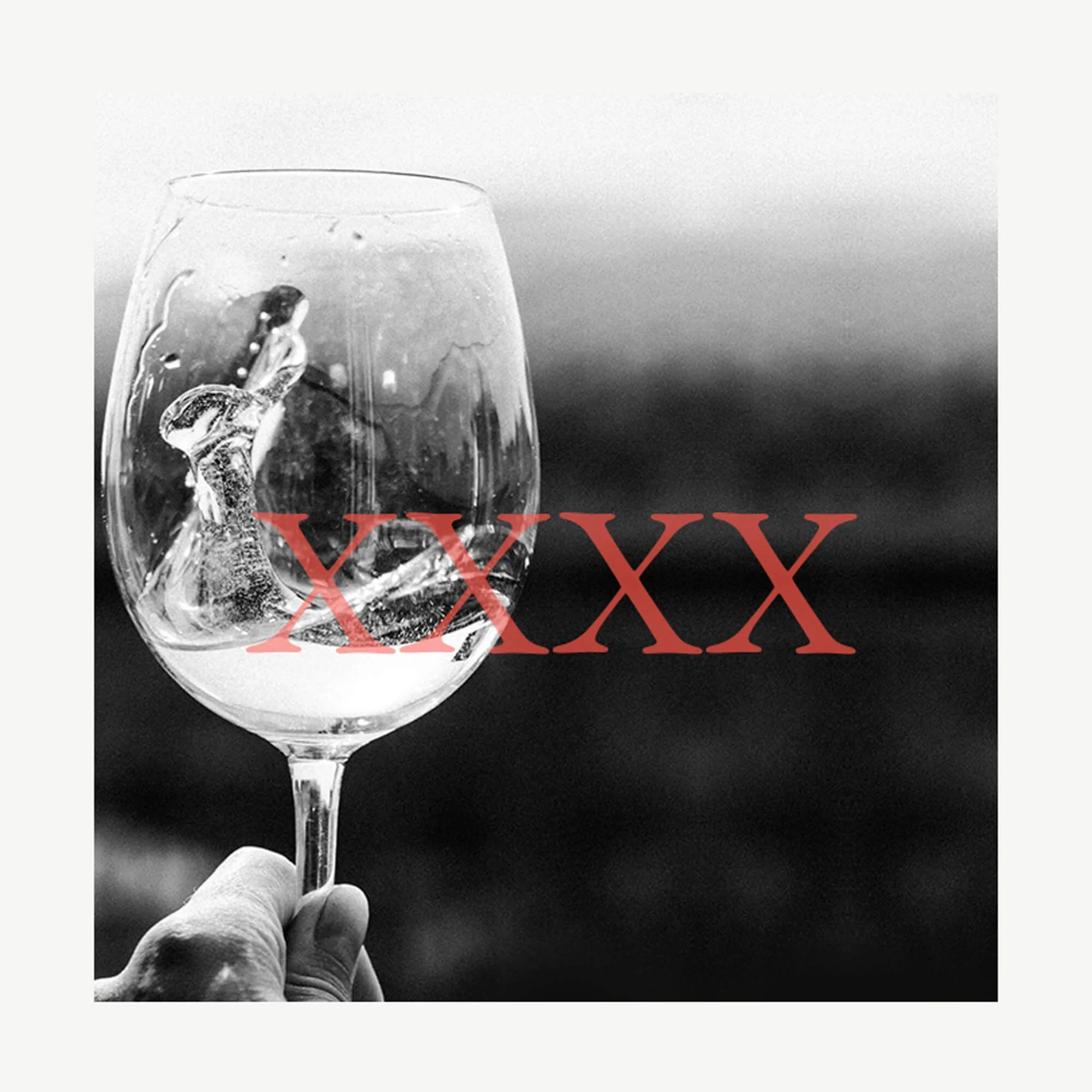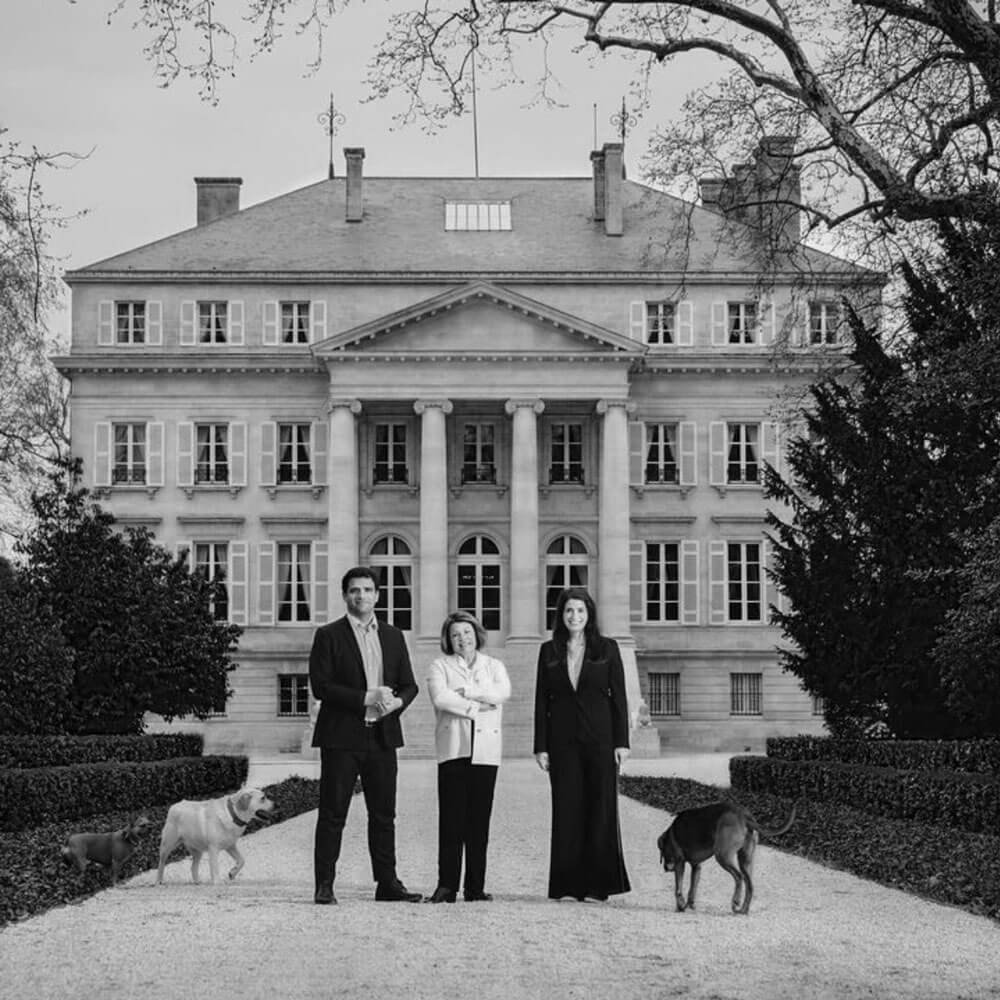▻ Omnibus XXVI
Episode Summary:-
As 2023 draws to a close, Omnibus XXVI reflects on the tumultuous year the world has faced. War continues in the Ukraine, and in October war reared its evil head in Israel and Gaza. Adding to the grimness, 2023 was the hottest year on record, with wine growers around the world battling the effects of climate change, which brought floods, drought, and hailstorms. A deeply sombre year indeed, but within it, wine played its vital, traditional role in bringing people together, and providing us with numerous moments of joy – its ability to unite people is one of its most wonderful aspects, a celebration in itself. And wine is also the ultimate time-traveller, weaving memories of the year it is made, occasions it has or will create, and giving us hope for the future, as we plan where and when to share it with those we love.
John Stimpfig’s first report is on Israel and Palestine. He reports on some effects of the war in both places. In Israel, many of the vineyard and winery workers have been conscripted into the army, missiles have hit wineries, and, unsurprisingly, domestic wine sales are down 60%. Most poignantly, he tells how Israeli winemaker Eran Pick asks whether it will ever be possible to reunite his workforce, which was comprised of Israelis, resident Palestinians and workers from Gaza. There is also a tiny but burgeoning Palestine wine industry, which is similarly affected.
Elsewhere, there is good and perhaps, less lethal, bad news: There is good news for the Australian wine industry, as the end seems to be near for the punitive Chinese tariffs which took effect in 2020, and caused Australia’s number-one export market to decline by 97%. Not such good news in the South of France, though, where violence has broken out as local growers claim unfair competition from cheap Spanish wine. In one incident, over 10,000 bottles of Cava were destroyed, and threatening letters have been sent to the authorities.
On a very positive note (we try to balance our gloomy stories), is the news that major retailers, such as The Wine Society, Waitrose, Laithwaites, members of the Sustainable Round Table, have pledged to reduce the average bottle weight of 80% of the wines they sell by 25%, by 2026.
There were also sad farewells. John looks back on the life of Michele Chiarlo, one of the great ambassadors for the wines of the Piedmont, who died this March, and Pau Roca, Director General of the OIV. However, cheerful news comes in the form of a changing of the guard at two of the world’s most famous estates. Corinne Mentzelopoulos, Château Margaux’s dynamic CEO, is handing over the reins to her son Alexis after 43 years in charge. Her daughter Alexandra will become president of the holding company’s supervisory board. Both John and Sarah agree that Corinne has been an amazing custodian of the estate. Over in the Penedes, Miguel Torres Snr, who has run the company for 60 years, is stepping back as his son takes over. “One of the all-time greats,” Sarah says. Miguel has been at the forefront of finding solutions to climate change, and on hearing that 2023 was the hottest year on record, we are more in need of his thoughts than ever. Chaotic weather patterns have meant that world wine production is set to fall by 7% in 2023, with countries like Greece badly hit, its production down by 45%.
Our US Editor, Elin McCoy, looks back on the life of Mike Grigich who has just died at the great age of 100. He was the winemaker at Château Montelena when the 1973 Chardonnay triumphed over top French rivals at the 1976 Paris Tasting, and went on to establish Grigich Hills in 1977, which embraced organic viticulture early on, produced splendid wine and is still family-owned today.
Elin recounts that she has mixed feelings about artificial intelligence, AI, but applauds the news that scientists at the University of Geneva and an oenologist at the University of Bordeaux have used it to establish that terroir does exist. They mapped 84 châteaux and proved that each had a chemical signature which identified the producer. Scientific proof at last! It also will help identify counterfeits, and aid vineyards adapting to climate change: Brilliant news.
2023 has not been a stellar year for wine investment, but one area is more resilient than others: Italy. It started to catch the eye of canny wine investors back in 2016, but the big growth occurred in 2020 and 2021. Liv-Ex reports that Italian wine trading on the secondary market has increased 2,566% between 2010 and 2021. There is a growing recognition of quality and the ageing potential of many, and value for money that reflects well against Bordeaux, Burgundy and California. Sarah agreed, and notes that she believes Italy offers some of the best fine-wine value on the market.
More welcome news on the sustainability front: Members of Napa Green, one of only four sustainable winegrowing programmes in the US, voted to phase out the weed-killer glyphosate by 2026.
No end-of-year assessment would be complete without looking back on some favourite bottles. Jane Anson has named Château Pavie-Macquin 2017 as her wine of the year, while Elin tells us her top ten wines, which she explains are chosen for their emotional impact and experience, and describes why she has chosen them. In order of price, from cheapest to the most expensive, they are 2019 Susana Balbo Signature Barrel Fermented Torrontés at US$28; 2020 Quilceda Creek Tchelistcheff Mach One Vineyard Cabernet Sauvignon; Ornellaia 2014; Château Latour 1982; Château Ducru-Beaucaillou 1959; E Guigal Côte Rotie La Turque; 1976 Heitz Wine Cellars Cabernet Sauvignon; Chinese pet-nat Domaine Le Moodie “Anxious;” 2021 Littorai B.A Thierot Chardonnay; and 2020 Domaine Romanée-Conti Montrachet.
Running Order:-
-
0.00 – 14.50
“A lot of winemakers have been called up for military service (in Israel)” – John Stimpfig
– The effect of war on the vineyards of Israel and Palestine.
– End of the tariff in China on Australian wine.
– Violence in the South of France from wine producers protesting imported wine. -
14.51 – 35.99
“2023 was the hottest year on record.” – John Stimpfig
– Major retailers pledge to reduce the weight of the average bottle for 80% wine they sell.
– Looking back on the life of Michele Chiarlo and Pau Roca.
– Changes at the top at Château Margaux and Torres. -
36.00 – 58.05
“Liv-Ex reports the increase of Italian wine of the secondary market between 2010-2021 rose by 2,566%.” – Elin McCoy
– Italian wine outpaces the growth of other investment wines.
– Members of Napa Green agree to ban glyphosate by 2026.
– Elin’s top ten wines of the year.










This month, we look at Michelin’s new wine guides, artificial intelligence in the wine world, Burgundy auction results, review the main events of 2025, and welcome terroir-driven Chinese wine in the US, plus lots more.